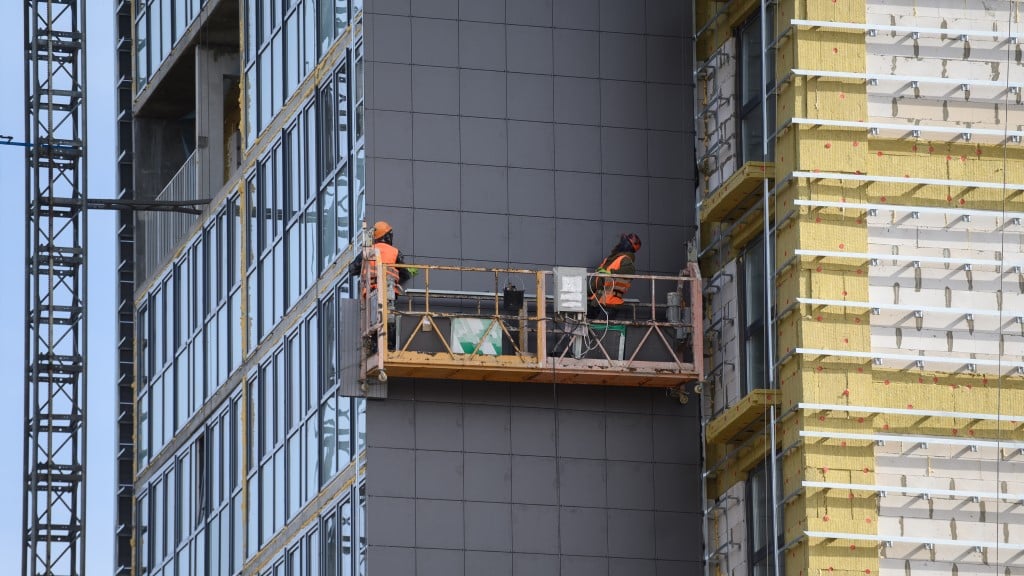North West Fire and Rescue Services unite to enhance fire safety in high-rise buildings
- January 24, 2024
- 12:10 pm


Iain Hoey
Share this content
Fire services across the North West of England have collaborated to improve fire safety in high-rise residential buildings.
This initiative comes a year after the Fire Safety England Regulations were implemented, following the Grenfell Tower Inquiry’s Phase 1 report.
The Greater Manchester Fire and Rescue Service (GMFRS), along with other regional services, has been instrumental in this effort.
Collaboration and compliance: a regional approach
Over the past year, fire safety teams have worked with councils, housing associations, and managing agents to ensure adherence to the new laws and enhance resident safety.
These efforts include online events, leaflet distribution, and guidance to support fault reporting.
GMFRS has focused on aiding more than 650 high-rise buildings in Greater Manchester, including those under construction or proposed.
Carlos Meakin, GMFRS Director of Prevention and Protection, emphasised the importance of these measures: “Since the fire at Grenfell Tower in 2017 more than 200 blocks of flats have needed to change their evacuation strategy because of serious fire safety concerns.
“This causes worry for residents, and we recognise the importance of providing up-to-date information and advice about what to do in the event of a fire whilst these issues are being addressed with those responsible for the building’s safety.
“The new resources will also help us support those responsible for fire safety in high-rise buildings to comply with the new legislation.”
Enhancing resident safety and awareness in high-rise buildings
To further support residents, new video resources developed by the National Fire Chiefs Council (NFCC) North West Protection Group are now available on various websites.
These resources aim to improve organisations’ and individuals’ understanding of their legal responsibilities and the fire safety arrangements in their buildings.
Deputy Mayor for Policing, Crime, Criminal Justice and Fire, Kate Green, stated the importance of this initiative: “Greater Manchester has a number of high-rise residential buildings with that number constantly growing.
“It is incredibly important that people living in blocks of flats across our region are confident that they are safe, and it is positive to see proactive work being done by Greater Manchester Fire and Rescue Service, and other fire and rescue services across the wider region, to ensure this.”
Building on lessons from Grenfell Tower
Chief Fire Officer of Merseyside Fire and Rescue Service and Vice-Chair of the NFCC North West Protection Group, Phil Garrigan, highlighted the ongoing efforts: “As a sector, we continue to build on the learning following the tragic events at Grenfell Tower in 2017.
“The implementation of new legislation and the associated responsibilities now in place for those responsible for high-rise residential premises, coupled with the efforts of operational fire crews and technical fire safety specialists are necessary to ensure the safety of persons living in blocks of flats and high-rise premises.”
For more information on fire safety in blocks of flats, visit the GMFRS website.
IFSJ Comment
The collaboration between North West fire and rescue services to improve fire safety in high-rise buildings is a proactive and necessary measure.
It reflects a regional commitment to safety and learning from past tragedies like Grenfell Tower.
The use of new video resources and ongoing training and support for residents and building managers are crucial steps in ensuring the safety of thousands of residents.
This initiative fosters a culture of awareness and responsibility towards fire safety in residential buildings.
This regional approach can serve as a model for other areas in the UK, highlighting the importance of collaboration, communication, and education in fire safety management.

